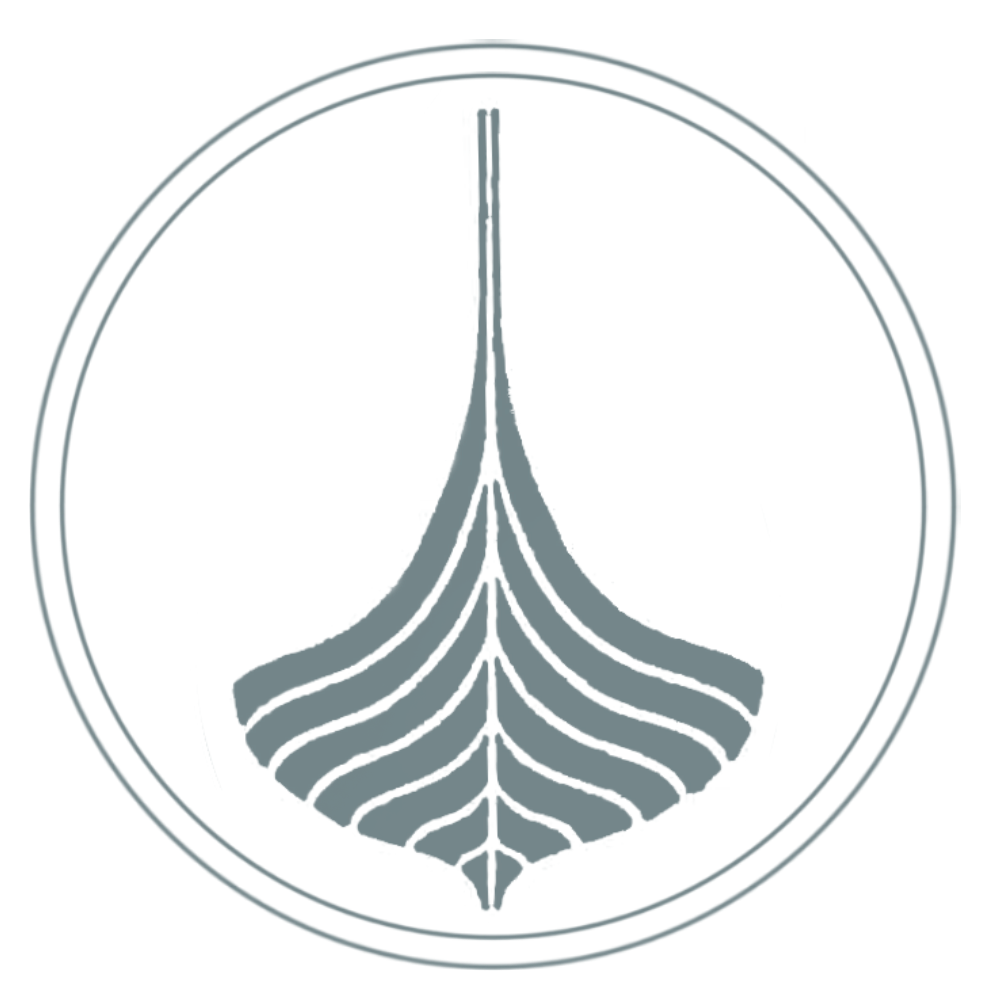23
The Book of Army Management says:
On the field of battle,
the spoken word does not carry far enough: hence the institution of gongs and drums. Nor can ordinary objects be seen clearly enough: hence the institution of banners and flags.
24
Gongs and drums, banners and flags, are means whereby the ears and eyes of the host may be focused on one particular point.
25
The host thus forming a single united body, is it impossible either for the brave to advance alone, or for the cowardly to retreat alone.
This is the art of handling large masses of men.
26
In night-fighting, then, make much use of signal-fires and drums, and in fighting by day, of flags and banners, as a means of influencing the ears and eyes of your army.
27
A whole army may be robbed of its spirit;
a commander-in-chief may be robbed of his presence of mind.
28
Now a soldier's spirit is keenest in the morning;
by noonday it has begun to flag; and in the evening, his mind is bent only on returning to camp.
29
A clever general, therefore, avoids an army when its spirit is keen, but attacks it when it is sluggish and inclined to return. This is the art of studying moods.
30
Disciplined and calm, to await the appearance of disorder and hubbub amongst the enemy:—this is the art of retaining self-possession.
31
To be near the goal while the enemy is still far from it, to wait at ease while the enemy is toiling and struggling, to be well-fed while the enemy is famished:—this is the art of husbanding one's strength.
32
To refrain from intercepting an enemy whose banners are in perfect order, to refrain from attacking an army drawn up in calm and confident array:—this is the art of studying circumstances.
33
It is a military axiom not to advance uphill against the enemy, nor to oppose him when he comes downhill.
34
Do not pursue an enemy who simulates flight; do not attack soldiers whose temper is keen.
35
Do not swallow bait offered by the enemy.
Do not interfere with an army that is returning home.
36
When you surround an army, leave an outlet free.
Do not press a desperate foe too hard.
37
Such is the art of warfare.





















